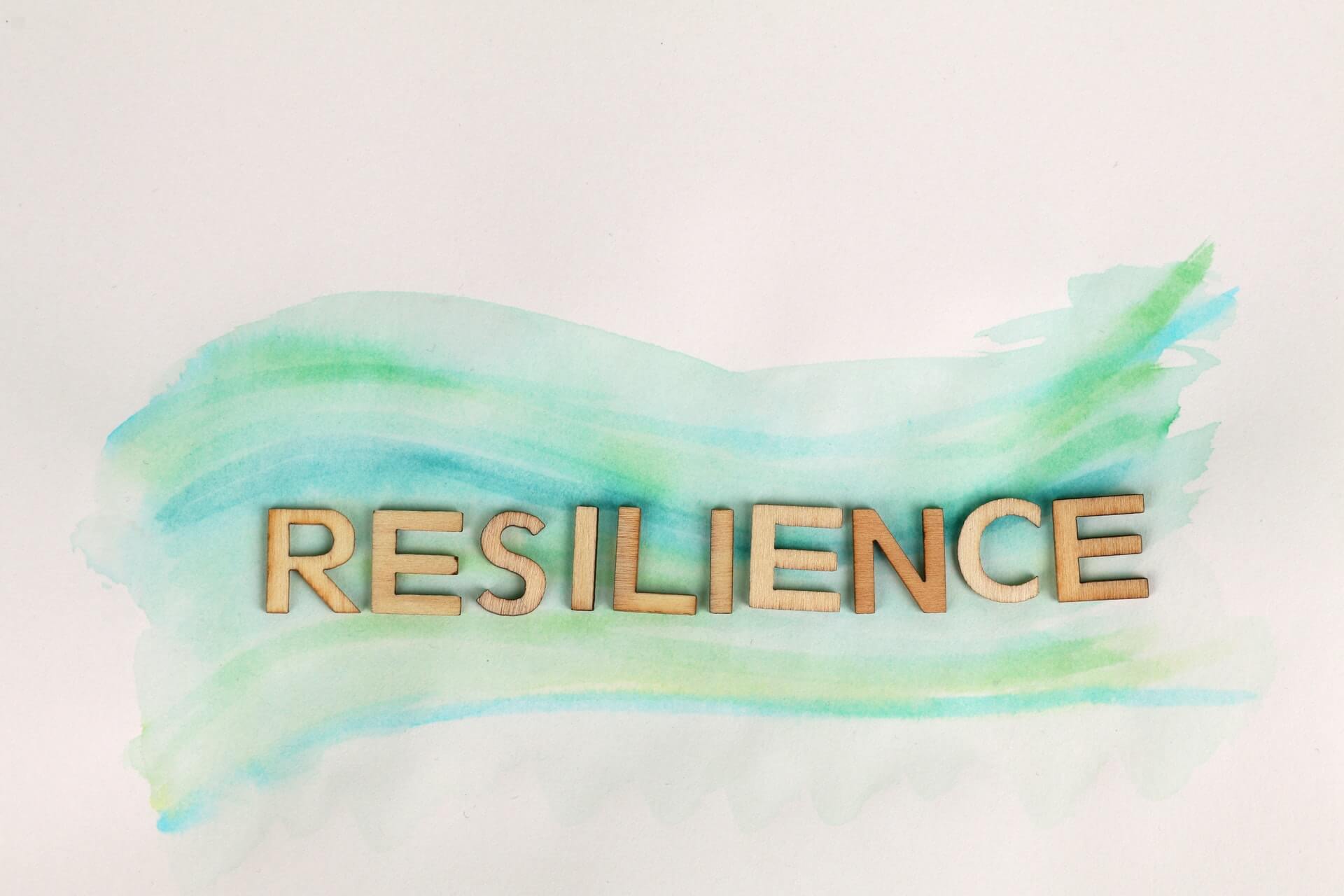Article by: McKenna Hereford, PhD
You’ve likely heard about PTSD (Posttraumatic Stress Disorder) particularly in the last few years or perhaps about trauma in general. The focus has understandably been on the lingering effects of significant traumatic events people may experience during their lives. You might have also talked with people who have experienced growth after the event(s) or even listened to a talk where someone shared growth after trauma. What exactly is that and how do people experience it after trauma?
Posttraumatic Growth and Resilience are both concepts researchers have paid more attention to recently and you should know about, too! Posttraumatic growth is a transformation that can occur after significant events. Resilience is a measure of one’s ability to cope with stressors, including significant or traumatic events. Resilience has also been described as characteristics and even biological markers providing protection against distress following challenges or adversity. If you’re reading this and the descriptions don’t resonate with you, that’s okay! It doesn’t mean there’s something “wrong” with people who may not automatically share these traits or experiences. Privilege and genetics might play a role in developing these experiences/traits early on and you can actually develop both posttraumatic growth and resilience on your own.
Let’s start with posttraumatic growth. Researchers have identified factors in individuals who experience positive change following trauma or adversity. Some factors include relating to others, an appreciation of life, openness to new possibilities, and spiritual change. Relating to others might consist of sharing your story with others or identifying with people who have shared similar experiences. An example of appreciation of life is intentionally and mindfully experiencing day-to-day activities following a life-threatening event. Openness to new possibilities may refer to future opportunities that might benefit you or how your life may unfold. People experiencing spiritual change in posttraumatic growth may develop new spiritual beliefs or change their existing beliefs or practices that enhance a sense of meaning.
Resilience is a bit different from posttraumatic growth. Resilience is adapting to challenges in the face of adversity, while posttraumatic growth is positive change that might result from adversity or trauma. Resilience has far more research in general in a variety of experiences or settings. Researchers have further narrowed down resilience to commitment to self, meaningfulness, sense of humor, self-efficacy, tolerance of big emotions, having personal goals, faith, adaptability, and many more traits. Commitment to self refers to prioritizing your own importance and your needs. Meaningfulness is finding a sense of meaning in spite of adversity. Many individuals that are considered resilient may use humor as a way to cope. Self-efficacy is the confidence and belief you can weather the storm following trauma or adversity. Tolerance of big emotions refers to your ability to sit with more intense emotions. Having personal goals to look forward to in the future can provide a buffer against the trauma. Faith may refer to a variety of spiritual or religious beliefs or practices that may provide effective coping. Adaptability could look like quickly emotionally adapting to new situations arising after trauma or adversity.
How can I build resilience and promote posttraumatic growth following trauma?
Thankfully, you can work to strengthen both of these areas, particularly resilience! Establishing a commitment to yourself and potential goals can provide a buffer against adversity. Finding spiritual practices or a sense of meaning could not only provide a buffer but also potentially lead to thriving after adversity/trauma. Finding and relating to others going through similar experiences can provide additional support and give you a sense of meaning by giving back to others. Adapting to new challenges or maintaining openness to new possibilities in the future can also help during this time. Using humor to create emotional distance between yourself and adversity or traumatic events can be helpful depending on the context as well. If you struggle with finding or developing these patterns or traits, that’s okay! You’re not coping “wrong” if these are challenging for you or don’t automatically come to you. That’s where therapy can help!
Therapy can help you build resilience or potentially even experience posttraumatic growth.
If you’re experiencing an ongoing struggle, such as systemic financial difficulties that are outside of your control, it might be challenging to directly tackle. In this case, finding ways to build your resilience against the current adversity may help you during your day-to-day life. Resilience can help you weather the storm and better address your current barriers. In certain situations, building resilience proactively can also assist when anticipating challenges as well. Researchers have focused on building resilience in active duty service members anticipating upcoming deployments, as one example. This might also apply when starting a stressful job, school program, or moving to a new place that might be anxiety-provoking.
Similarly, therapists can help assist with trauma and assist in posttraumatic growth. For example, processing a traumatic event and fully healing may lead to a new appreciation for life or belief in your own strength. Any trauma therapy can assist you in developing or enhancing a sense of meaning and openness to new experiences that might have become smaller due to trauma. Some therapists may also actively take a posttraumatic growth approach to therapy as well if that is an appropriate fit. For either area of posttraumatic growth or resilience, therapists can help both validate your experiences and facilitate change. This can be a careful balance in therapy between processing important challenges and building armor against the ongoing adversity or jumpstarting growth. If you have questions about finding the right therapist for you or starting therapy, give Deep Eddy a call!

